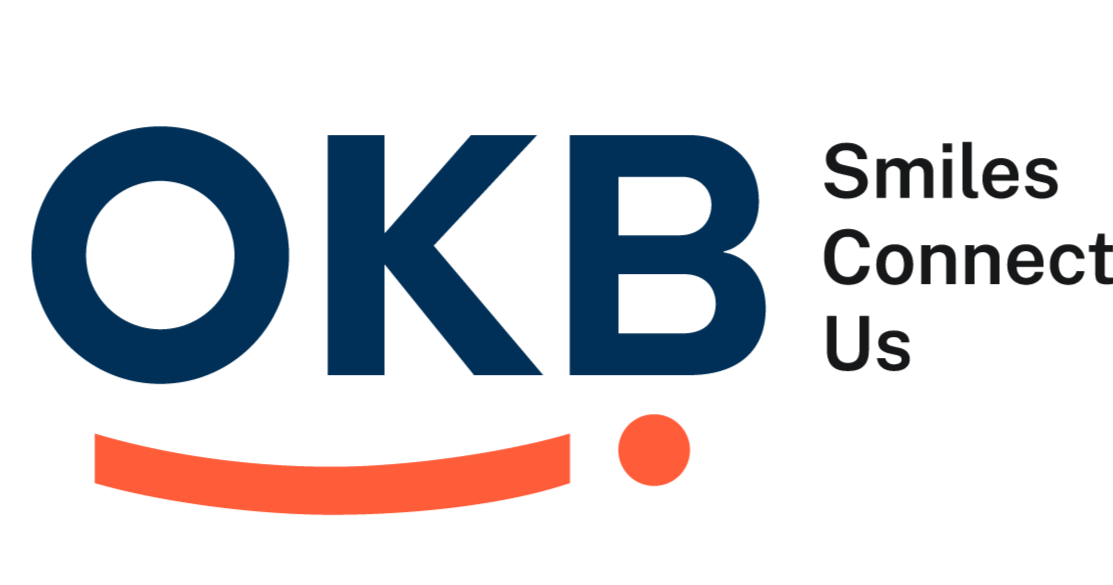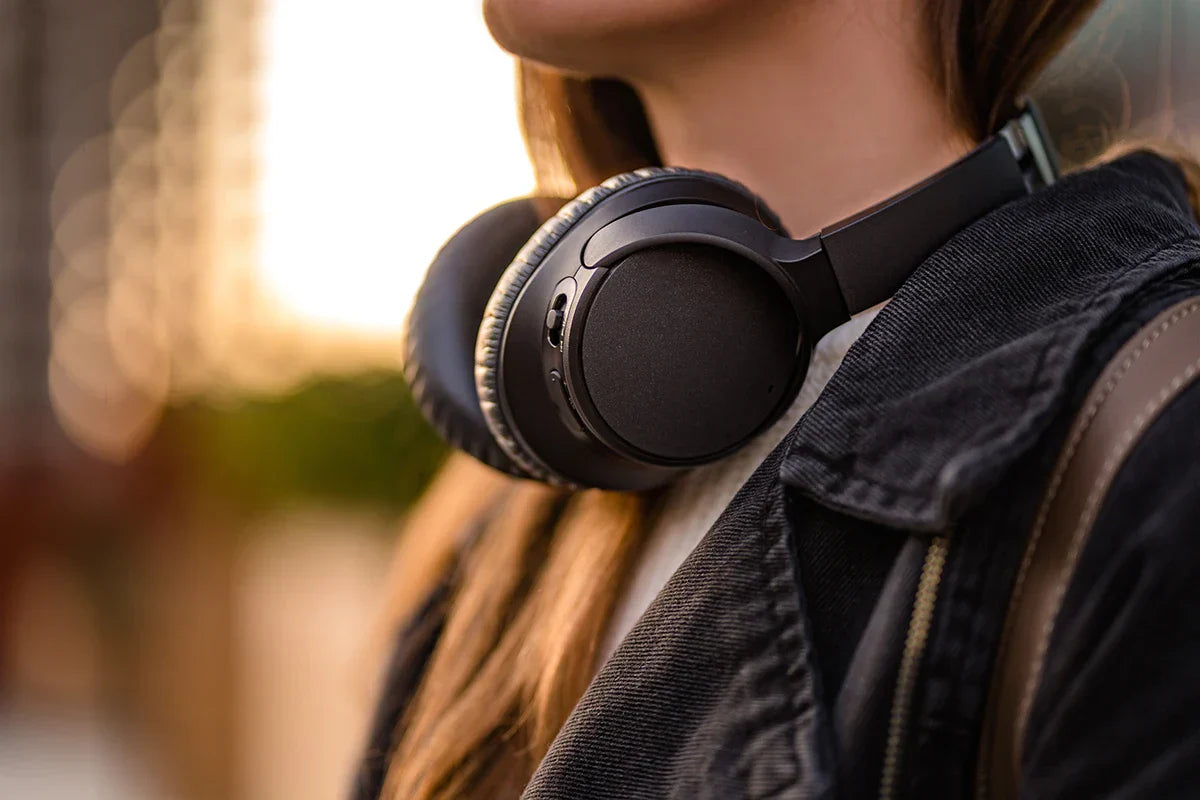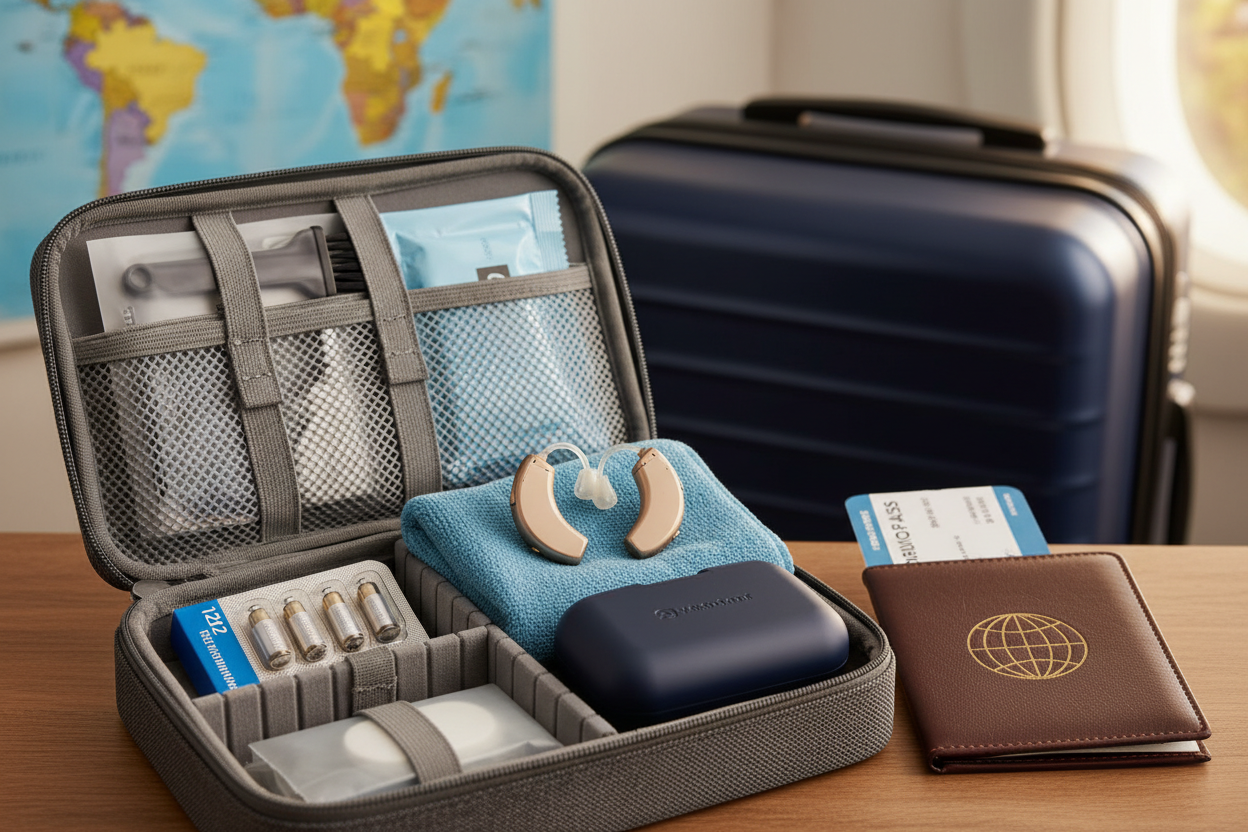Introduction
Hearing loss doesn’t always happen overnight. In most cases, it develops gradually—and often without us noticing. The good news? By making a few small adjustments to your daily routine, you can protect your hearing and support long-term ear health. Whether you’re already using hearing aids or simply want to prevent future issues, these five habits are easy to start today.
1. Turn the Volume Down
Listening to music, podcasts, or videos at full blast may feel harmless, but consistent exposure to loud sounds is one of the fastest ways to damage your hearing.
- Keep volume at 60% or lower when using earbuds or headphones.
- Use noise-canceling headphones so you don’t need to crank up the volume in noisy environments.
- Follow the 60/60 rule: listen at 60% volume for no more than 60 minutes at a time.
👉 If you already notice muffled hearing after a loud session, it’s a sign your ears need a break.
2. Give Your Ears Regular Breaks
Just like your muscles, your ears need rest after “working out” in noisy environments.
- Step outside during concerts, parties, or loud events to give your ears 5–10 minutes of quiet.
- Balance your day: after a loud commute, opt for a quiet activity like reading or walking.
Small breaks can help reduce the cumulative damage caused by constant sound exposure.
3. Protect Your Ears in Loud Environments
From power tools to sports stadiums, noise levels can spike above safe limits without you realizing it.
- Wear earplugs at concerts, gyms, or sporting events.
- Use protective earmuffs if you work around machinery or lawn equipment.
- Remember: if you need to shout to be heard, it’s too loud.
4. Keep Your Ears Clean (But Skip the Cotton Swabs)
Earwax isn’t your enemy—it actually protects your ear canal. The problem arises when we over-clean.
- Avoid cotton swabs, which can push wax deeper or damage the eardrum.
- Instead, use a damp cloth for outer cleaning.
- For buildup, consult a professional for safe removal.
5. Schedule Regular Hearing Checkups
Just like eye exams or dental cleanings, hearing checkups should be part of your health routine.
- Adults over 50 should test hearing at least once every two years.
- If you already notice difficulty in conversations, get checked sooner.
- Early detection makes treatment easier and more effective.
Conclusion
Protecting your hearing doesn’t require dramatic changes—it’s about building healthy habits into your day. From lowering the volume to scheduling checkups, these small actions add up to a big difference over time.
If you’re already noticing signs of hearing loss, OKB Hearing Aids are designed to give you clarity, comfort, and confidence in everyday life. Explore our OKB Hearing Aids and take the next step in protecting your hearing health.








Compartir:
Medicare and Hearing Aids: What You Need to Know About Online Purchases
Can I Really Buy Hearing Aids Without a Prescription in 2025?